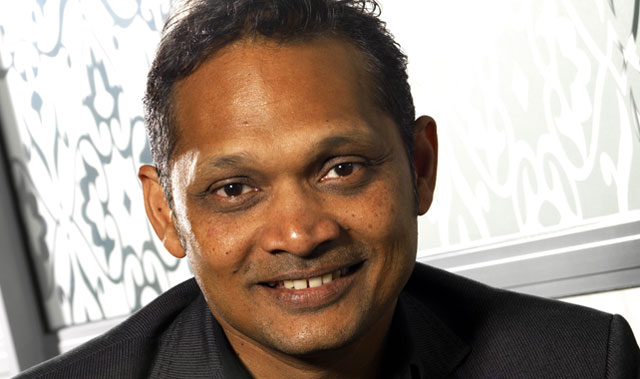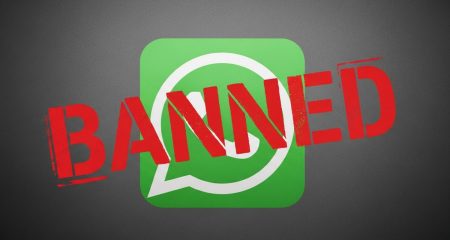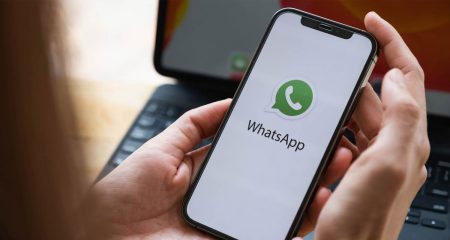
Mobile commerce and associated digital services will be the fourth big money spinner for mobile operators as the voice, SMS and data waves wane, says Herman Singh, managing executive of m-commerce at Vodacom.
Indeed, m-commerce could save mobile operators from what Singh calls a “gradual move to commoditisation” of the technologies that historically propelled their growth. He says that SMS and, later, data underpinned growth for operators even as their voice businesses became “slightly commoditised”.
As technologies get to 70% market penetration, unit prices tend to drop, Singh says. “We saw this happen globally with voice. In Japan, for example, it happened in the mid-1990s; in South Africa it happened more recently,” he says.
“As you get to 70% uptake, the market starts to turn. That happened in voice first. Then texting came in as the lifesaver. The second wave generated revenue and buffered the industry. But text services started to decline with Mxit and WhatsApp.
“Luckily, there was a third wave, which was data.
“As texting hit 70% penetration, we noticed the revenue line flatten out and slowly start coming down. You go into a slightly commoditised space, and data starts to rise. But in some parts of the world data is now hitting 70% of penetration,” Singh says.
“Seventy percent is a very interesting number in the telco space. It’s almost the ‘70% dilemma’, where markets start to shift. It’s like you hit a critical mass, where substitutes become more viable and are launched.”
Fortuitously, the “fourth wave” of the mobile industry, m-commerce and digital services, is poised to pick up the slack, says Singh. And m-commerce, he believes, will be far more “disruptive” than PC-based e-commerce ever was.
“The combination of identity, location and ‘transactability’ — I have offers that can follow you wherever you are and can ping you about them when you’re close by — is far more disruptive than e-commerce ever was on PCs. You don’t carry a PC into a shop; your phone, you do,” he says.
Vodacom’s first venture into this space is through Vouchercloud, an app that allows users, no matter which network they’re on, to find deals based on their location. The app then guides them directly to the storefronts of retailers offering the deals they’re interested in. It has signed up partners such as Audi, Edgars, Makro, Game, Doppio Zero, Nu Metro and McDonald’s.
This takes Vodacom from the world of vouchers and digital services and into the much larger realm of the sale of physical goods. Unlike the digital media world of cost per click or cost per thousand impressions delivered, it takes the mobile operator into the much more lucrative world of cost per acquisition, Singh says.
“You are driving customers to shops and to do transactions. How many other advertising platforms can do that?” he asks. “For a search engine to claim I drove this customer to your grocery store to buy this milk is a difficult ask. We can do that.”
The danger, of course, is overwhelming consumers with offers that may be construed as unsolicited.
Singh says Vodacom will proceed cautiously. “Over time, we’ll ask for a bit more about your interests, and as you provide that, we’ll start to provide ads, news, events and offers around those interests. There will be a community-based approach where we start to build brands around this,” he says.
“Telcos have an opportunity to monetise data and to monetise customers. Fundamentally, it’s how you build a sustainable revenue stream based on having a large amount of customers and data, and the answer is to merge the two. Telcos are uniquely positioned to do that, more so than some of the over-the-top players.” — (c) 2014 NewsCentral Media




